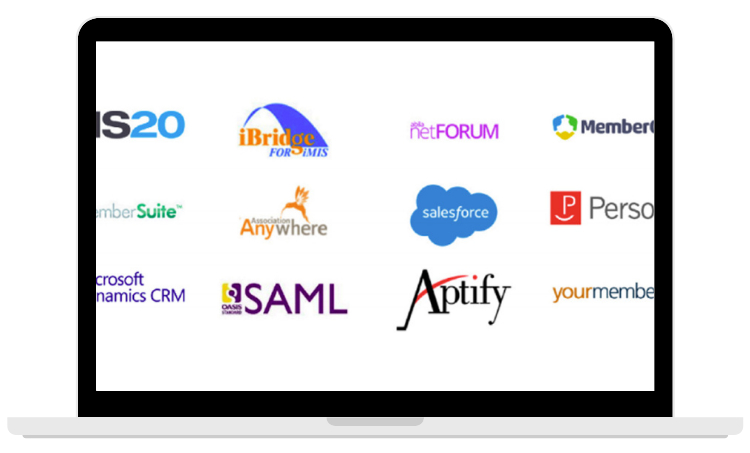Organizations like the Society for the Study of Reproduction, the Society of Urologic Oncology, and the Aerospace Medical Association are a few examples of the medical societies and associations that work with OpenWater to help manage their abstract review, annual meeting, awards, grants, scholarships and fellowships.
Table of Contents
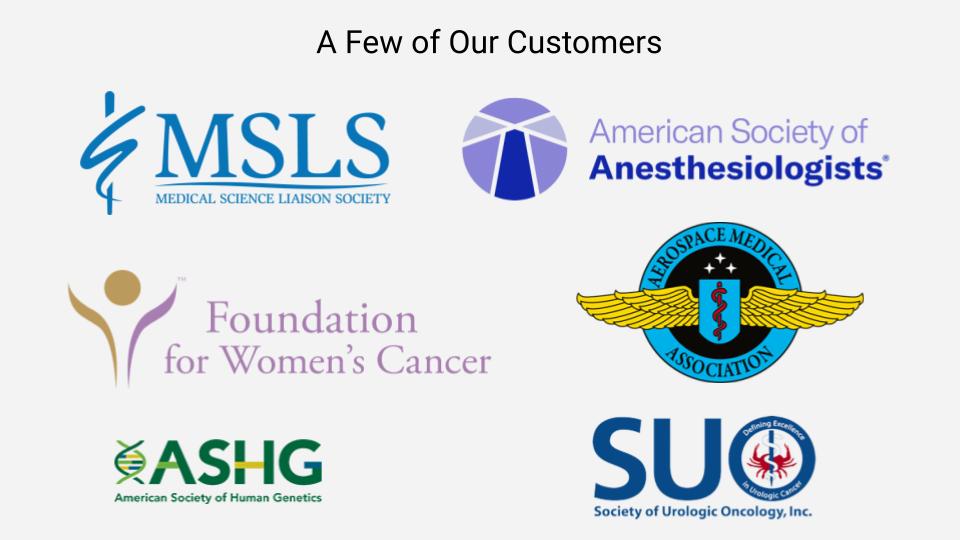
Medical societies choose OpenWater primarily because it is the most robust system for abstract review and session scheduling. OpenWater caters to medical associations because it can handle the needs of a large scale annual conference, while also managing the smaller awards, grants and scholarships programs that most medical societies offer.
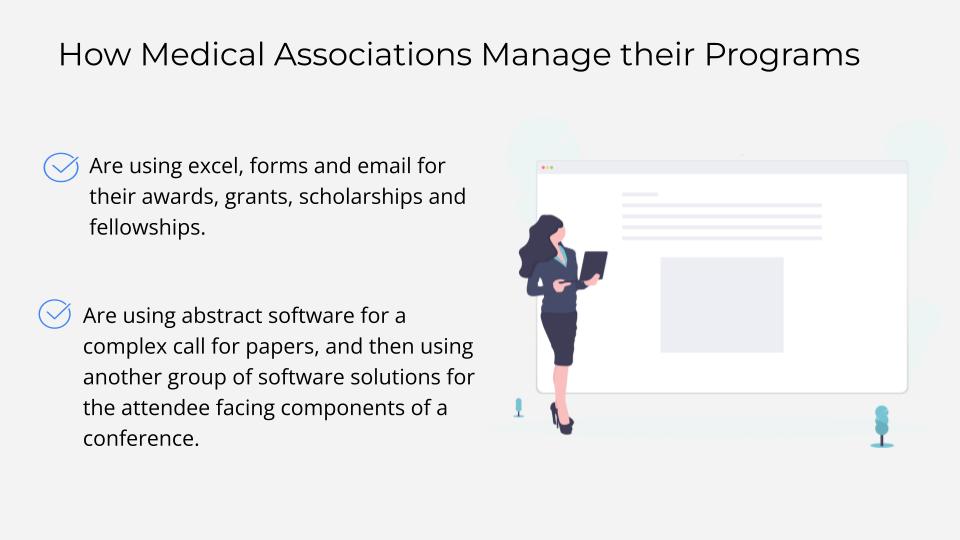
When we speak with medical associations about their process for abstracts, events, awards, grants and fellowship its common to find a wide range of systems and software that get the job done. Here is an example of the types of solutions we find medical associations use to manage their programs.
This management system is scattershot and clunky and there are three areas of opportunities in this scenario.
Here are examples of the technology hurdles medical societies have managing an abstract review, an annual meeting, awards, grants, scholarships and fellowships.
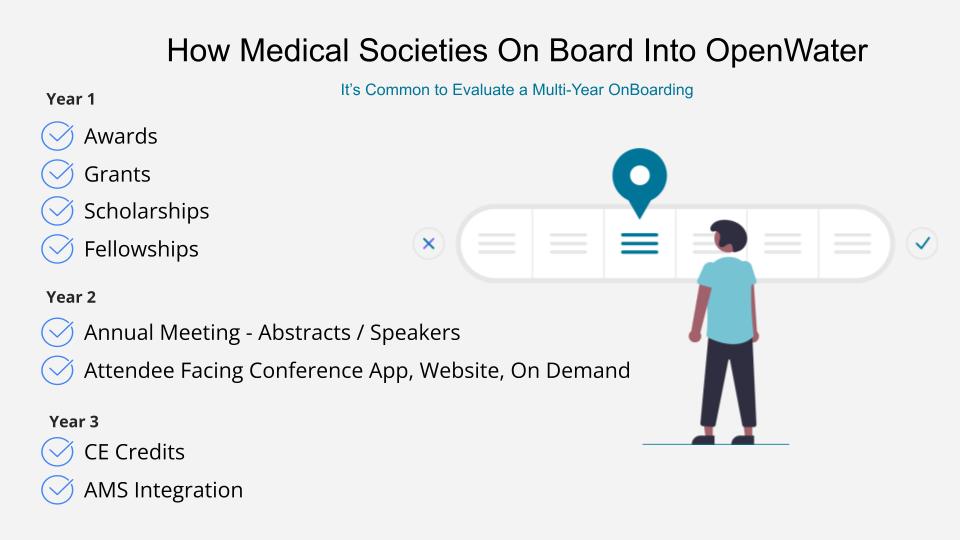
For most any medical society changing to a new software system for each program and an annual conference is too much to handle in one year. Here are the top three reasons why.
This is why we typically see medical associations onboard into OpenWater over the course of a few years.
For example, if an organization has abstract software that crashes during the final week of submissions, then migrating the abstract review process to OpenWater is the highest priority.
Here is an example of a typical multi-year approach.
Alternatively, the roadmap could be reversed. In this case, the small programs would be migrated first.
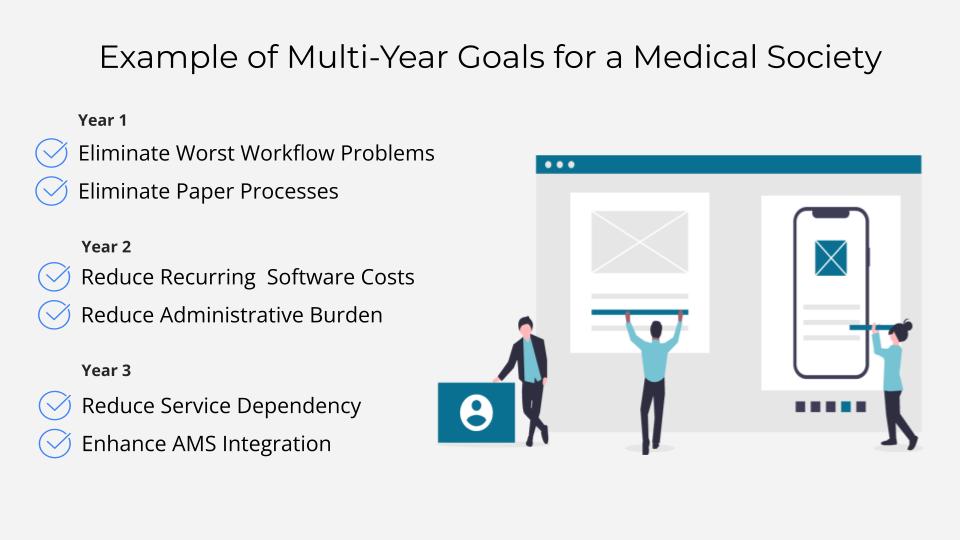
What every executive director at a medical society is looking for is better data in regards to membership engagement. Membership directors want to know how often someone has been a speaker, or how many first year members have submitted an award.
There are three primary goals that our medical societies are constantly working toward by using OpenWater software.
Medical societies choose OpenWater primarily because it is the most robust system for abstract review and session scheduling for a large scale conference. OpenWater caters to medical associations because it can handle the needs of a large scale annual conference, while also managing the smaller awards, grants and scholarships programs that most medical societies offer.
1. Rich Text Fields with Scientific Characters
OpenWater submission forms have rich text fields with scientific characters.
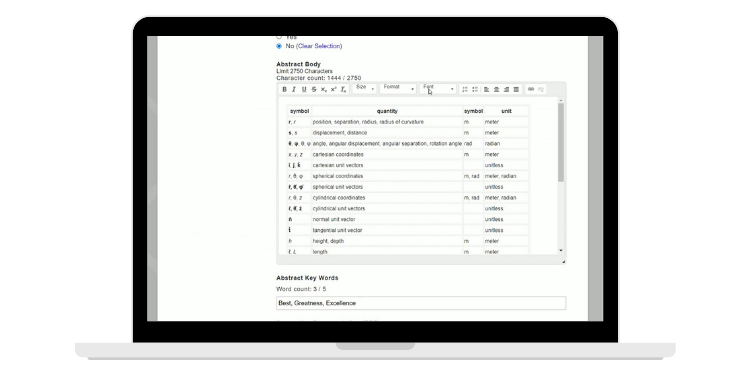
2. Map Abstracts to Sessions, Session Scheduler
OpenWater has the ability to schedule abstracts, sessions, and other time slots. This makes it easy to schedule your event, while also adding time for breaks. Our session scheduler makes it easy to reschedule or remove a session.
Help Center Resources – Build and Schedule Conference Sessions, Set Conference Date, Room and Times.
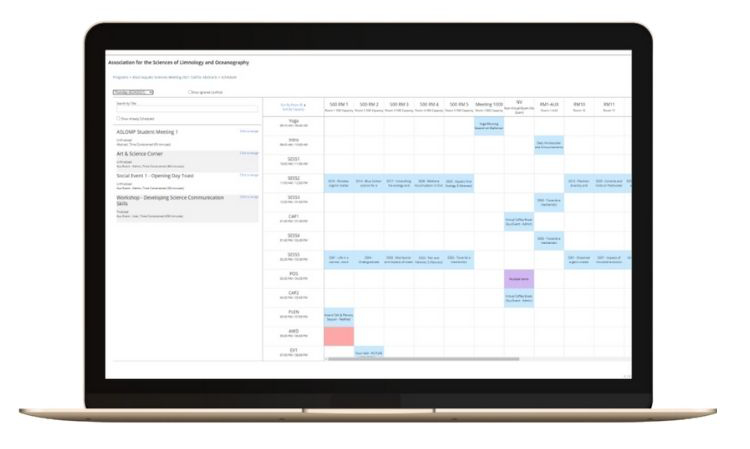
3. Handling Multiple Rounds
Sometimes multiple rounds make abstract review much easier. For example, a medical society may want to accept an abstract and then collect more information. In that case, OpenWater allows the program admin to review the abstract and then automatically push them into the next round. This makes it easy for our program administrators to organize submissions and send our timely reminders.
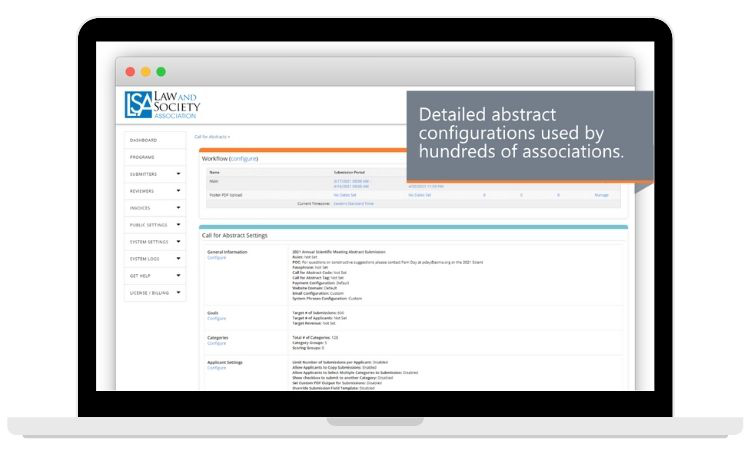
4. Co-Author a Submission
OpenWater forms submissions can allow for multiple author’s. For example, OpenWater can implement look up fields so that when someone wants to add a co-author they can search that name and it will appear as an option as a co-author.
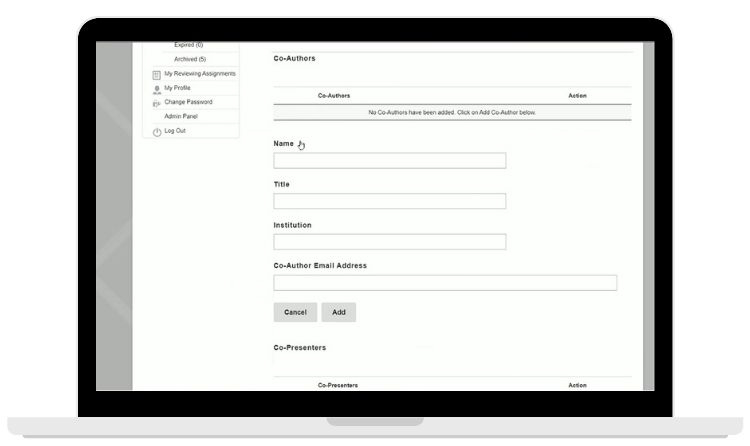
5. Conference Mobile App
Get a branded Application for Android & iOS. Attendees will use the OpenWater Mobile App to access the schedule, sponsors, posters, chat and more. The mobile app includes a comprehensive schedule of your sessions. Attendees can access sessions, chat with other attendees, as well as other key features. An attendee directory is created for users that are currently using the application. This allows for maximum networking.
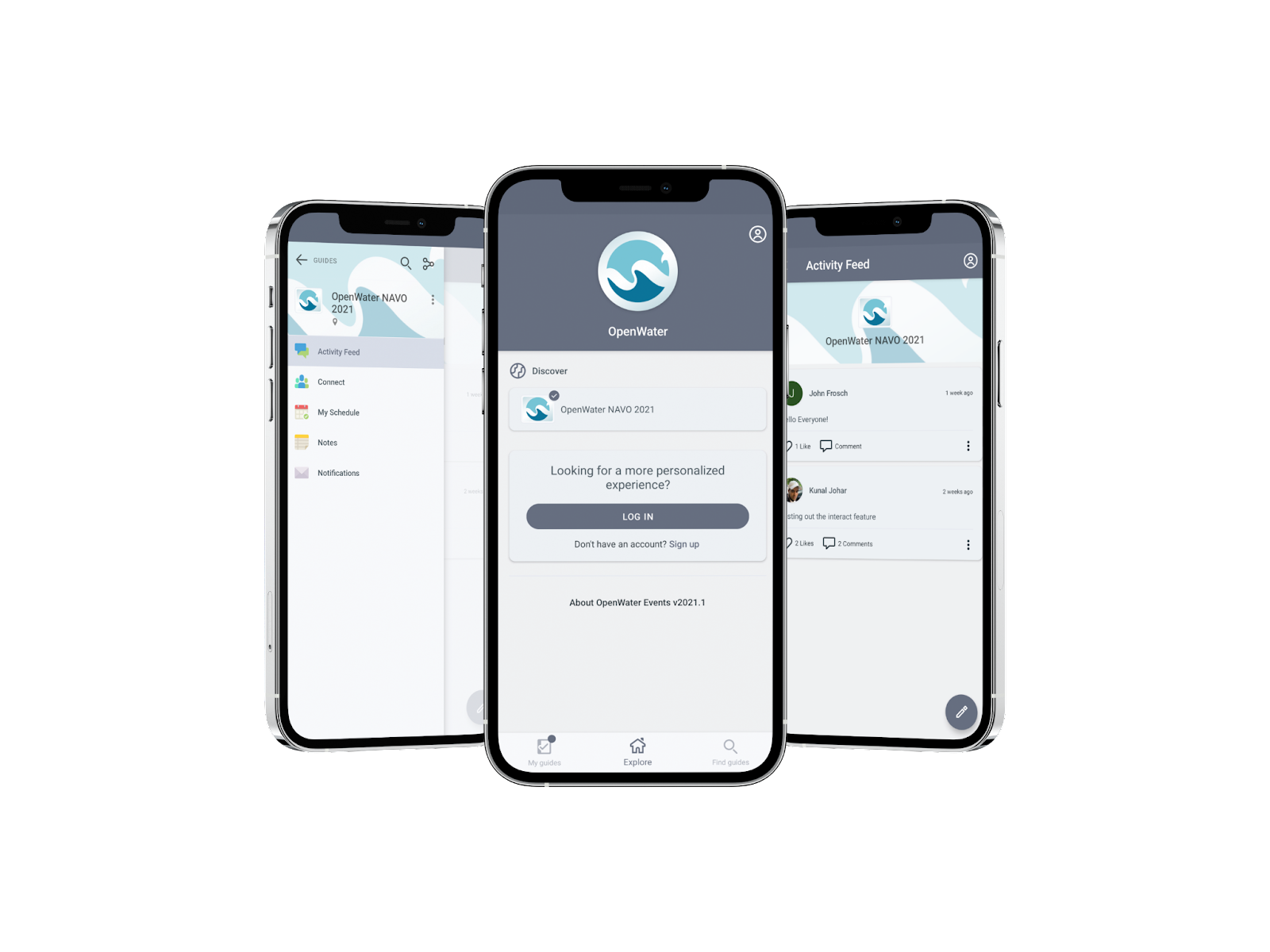
6. Single Sign On, AMS Integrations
Take your AMS integrations to the next level with OpenWater. Most associations start with integrating single sign on. This eliminates the most pesky login issues for volunteers, board members, members and reviewers. Advanced integrations can help pass along membership engagement from your annual events, ce credits, and awards programs.
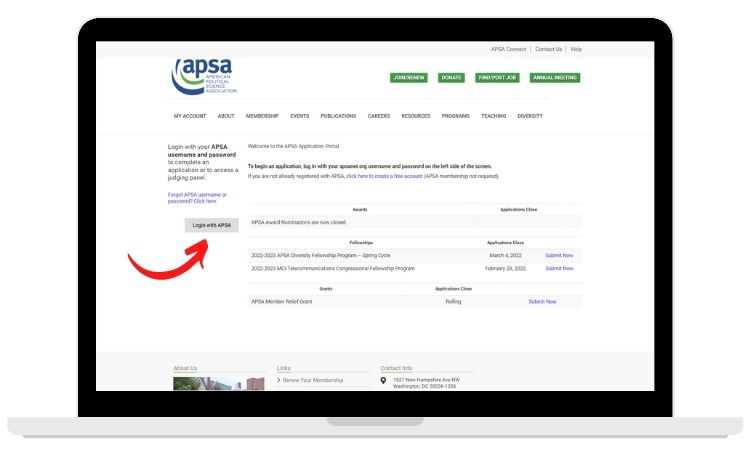
7. Large File Sizes, Poster Gallery
OpenWater submission forms can handle it all. From HD surgical footage to monster PDFs our software has been tested by the most demanding application submission forms. For example, one of our customers is the American Advertising Federation with hundreds of thousands of submissions including media files being uploaded in the final week.
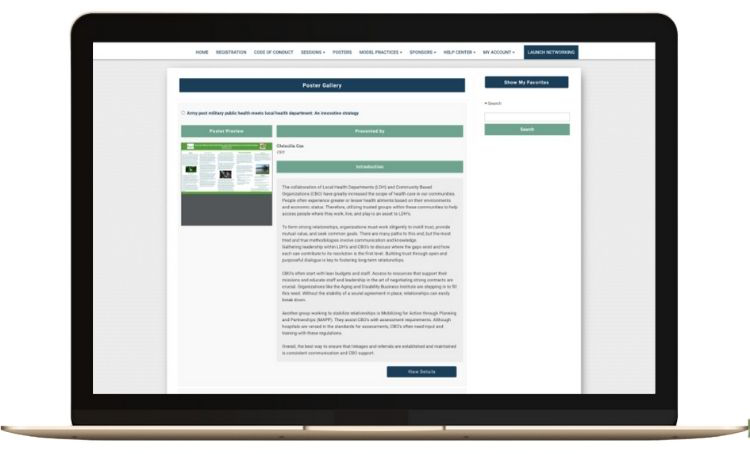
8. Advanced Submission Forms, Conditional Logic
OpenWater submission forms are capable of advanced logic. This helps medical associations customize the right submission form based on the type of abstract being submitted. Different forms speed up the submission process for entrants and that creates a better experience for your members.
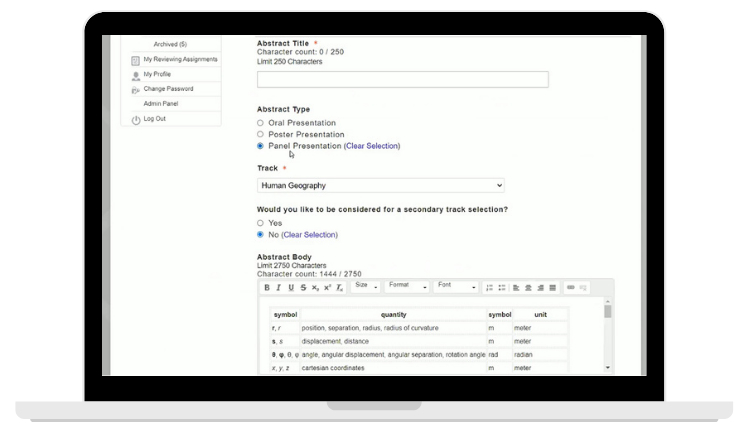
9. Duplicate Programs for the Next Annual Cycle
Nothing is more frustrating than having to repeat the work you just completed. OpenWater makes it easy for a program workflow to be duplicated. For example, copy an abstract submission workflow to the next annual cycle, or copy an awards workflow then tweak it for scholarship submission and review.
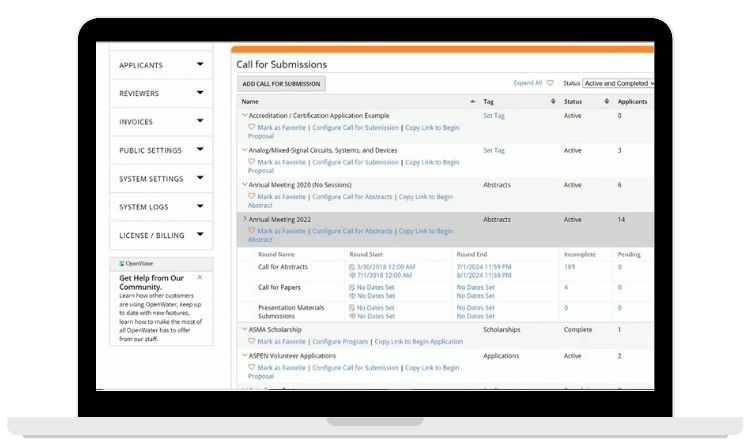
10. Reviewer Recusal
Sometimes board members need to recuse themselves during a review, or in some cases a judge is also an applicant themselves. OpenWater allows judges to recuse themselves from submissions easily within the reviewer workflow.
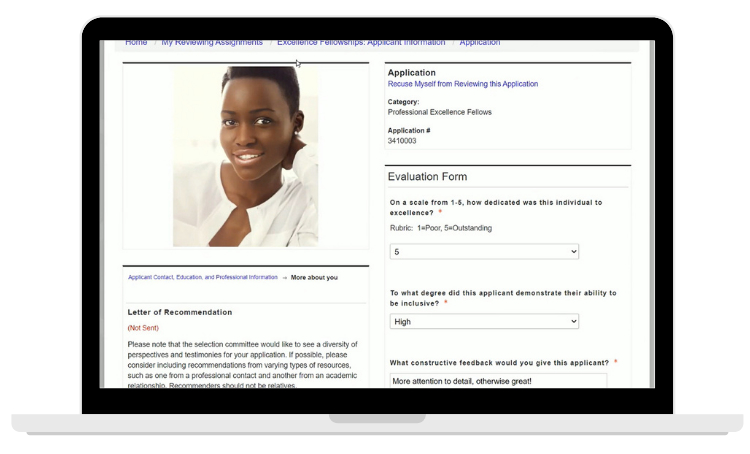
11. Submission Form for Exhibitors, and Speaker Materials
OpenWater submission forms can be used for collecting any data that you need as part of your conference. One of the most difficult things to collect is exhibitor information, OpenWater allows that information to be collected with forms. Sponsors can simply update their information to a form and have that information automatically update a sponsor’s conference page (sponsor booth).
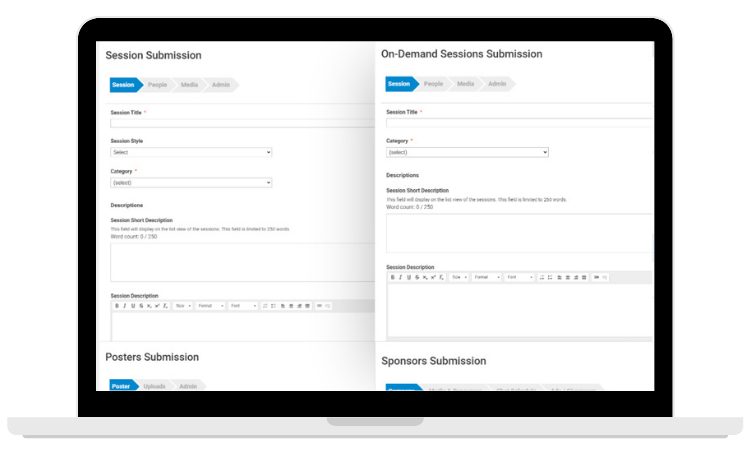
12. CE Credits
Some medical societies use codes to manage their CE credits, others prefer to automate CE credit tracking as part of a virtual event. Regardless of you process we can fine tune our system to deliver an efficient CE credit tracking system during your annual event.
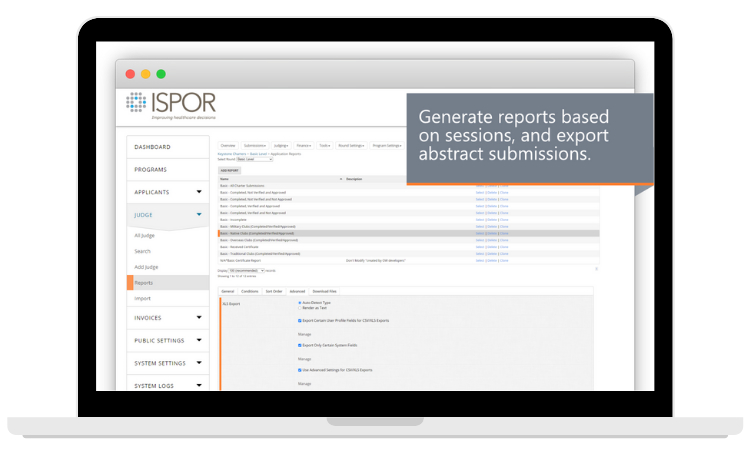
13. Streamline a Complex Review Process
Automation eliminates frustration. OpenWater helps medical associations automatically assign reviewers an abstract submission for review without needing to export, import or send an email. For example, configure a reviewer to only receive abstracts under a specific category, or set the review process so that an abstract continues to circulate until it is reviewed multiple times.
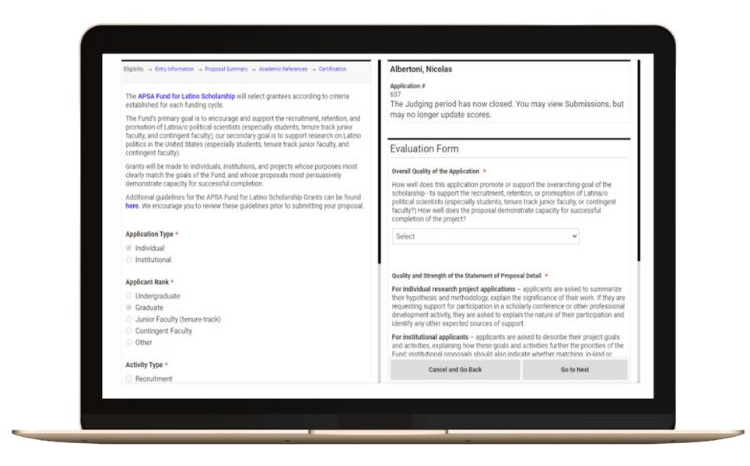
14. AMS Integrations to Support Membership Engagement
Single Sign-On (SSO) allows users – entrants, judges, committee members, and others alike – to use their existing username and password to sign in to your system. By integrating your AMS with OpenWater, you can prefill the information you already have for users, saving them time and frustration. All AMS fields can be mapped on a one-to-one basis with OpenWater fields. Where one-to-one correlation isn’t possible, we support custom mappings to further simplify the entry process for users.
